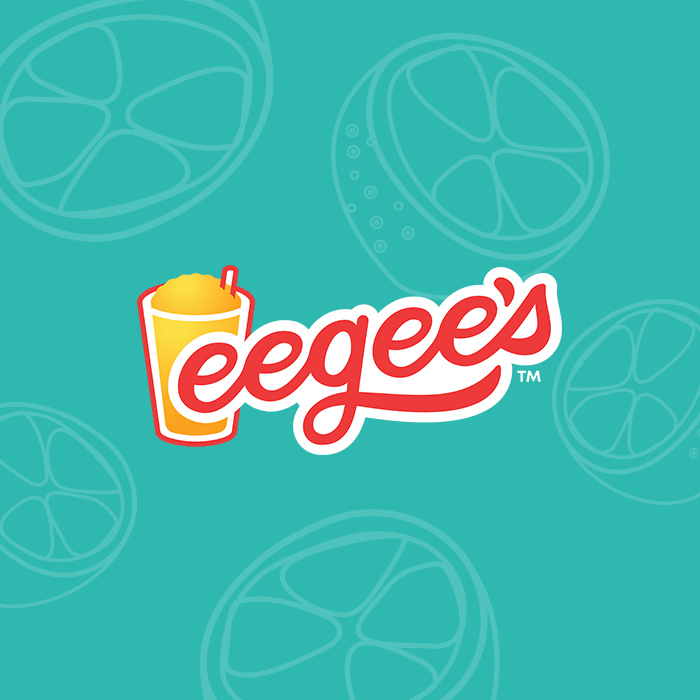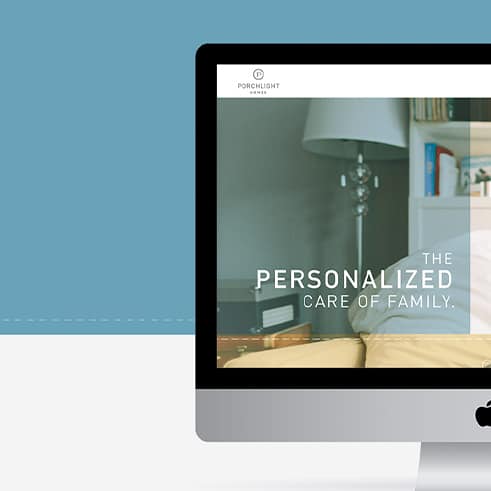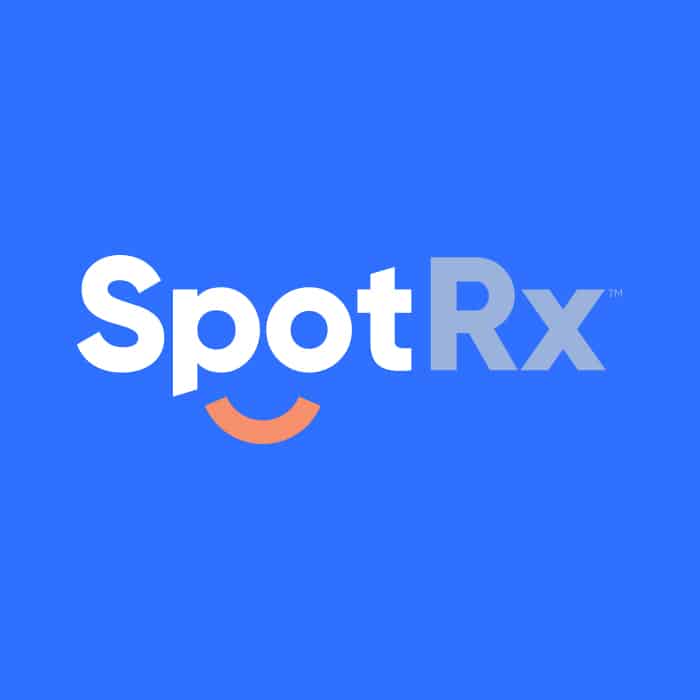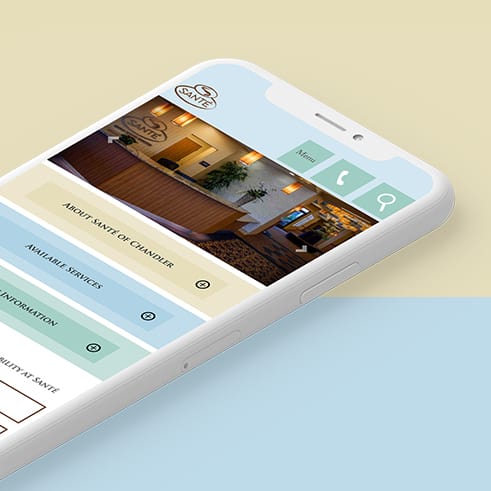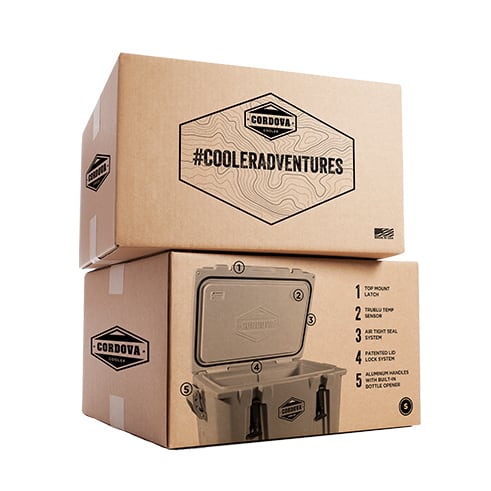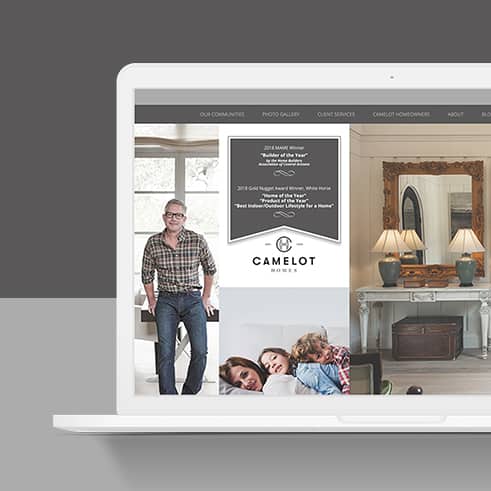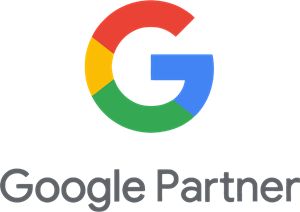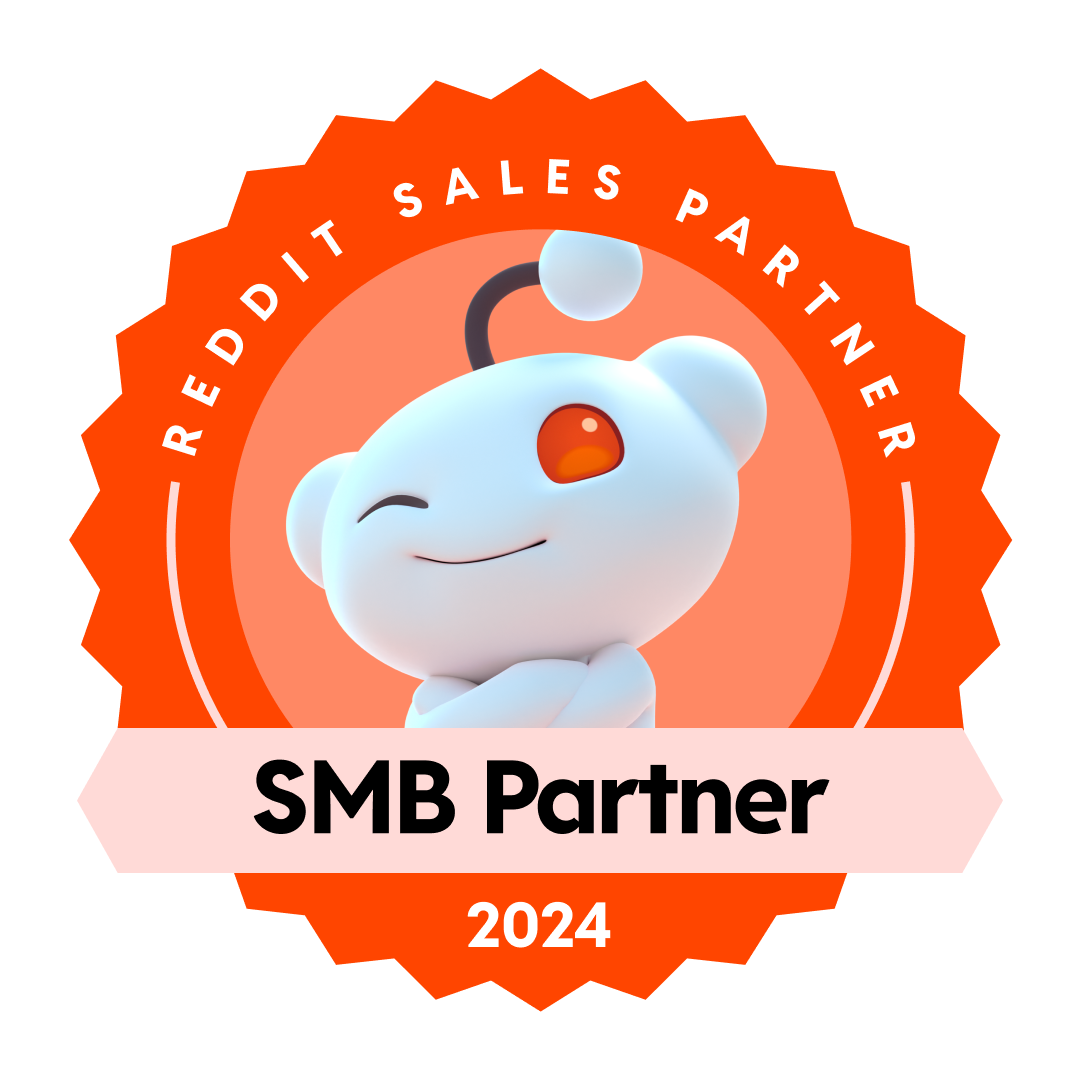Meta’s New Ad Types | What it Means For Advertisers
October 31, 2022
Never a company that’s shied away from new approaches to advertising in the past, Meta has recently rolled out some brand-new ad revenue initiatives on Facebook and Instagram in the wake of recent (and dramatic) losses in profit from advertisers on the platforms. And, more changes are on the way soon.
What are these new ad placement opportunities, what makes them unique and how could they help improve your brand’s paid social media strategy?
Why Change Now?
Beyond Meta’s long-standing commitment to creating new advertising mediums, there are two major reasons for unveiling these new advertising types.
The first is that we’re coming up on the holiday season — a time for retailers, brands, and marketers of all types to reach as many customers as they can. This reconfiguring of marketing products is the perfect impetus for any business that wants to begin or change its advertising on Facebook or Instagram but isn’t quite sure how. With all marketers more or less on the same page regarding these new ad types, it’s the perfect time to embrace marketing through Meta.
The second reason for these changes is tied to Meta’s own practices. For all of the outcry regarding Meta’s privacy concerns, the company has always attempted to optimize the balance between the user experience and on-site advertising, in a way that benefits all parties while simultaneously raising money.
That’s something that was threatened when Apple launched its “Ask App Not To Track” feature in 2021, which resulted in fewer conversions and increased rates for advertisers. These changes are a conscious effort on Meta’s part to increase the number of ad opportunities available to marketers, while possibly lowering prices and reducing barriers to entry.
New Advertising Types on Meta
To respond to the difficulties marketers have had while advertising on Meta over the last year, the company has released a new set of ad products that ensure that ads will be viewable, quite literally, on virtually every page on Instagram and Facebook. Let’s take a look at what’s in store for Meta users and advertisers.
Instagram In-Profile Ads
When a viewer clicks on another user’s profile, they will see ads within that user’s feed. The ads will be directly related to the content posted to that individual’s profile. However, since the ad selection process is based on machine learning and is fully automated, users will not be able to control what advertisers will appear on their feeds.
The ads will only be seen in the vertical scrolling view that’s activated when someone clicks on an image within someone’s profile. Ads will not be seen in the conventional grid view that is seen on the main profile page. Meta has made vague mentions about sharing revenue with content creators, but how or if that’s implemented remains to be seen.
Instagram Explore Ads
Similar to how ads are displayed within individual profiles, the Explore tab — accessed through the magnifying glass icon on the bottom of the app — will also feature advertisements. However, unlike in-profile ads, these Explore ads will be part of the main grid view. These ads are subject to the usual auction process that governs other forms of Meta advertising.
Instagram Multi-Company Ad Carousels
Instagram will feature ad carousels which include ads from multiple advertisers. These ad carousels appear after a viewer interacts with an ad. After that interaction, Instagram will launch a group of ads for related products. The idea is that these ads will capture the attention of someone who’s just potentially made a purchase and is in a buying mood.
As is the case with the in-profile ads on Instagram, Meta is relying on machine learning to provide ads that are relevant to the ad that was clicked, creating a natural progression — for example, someone that clicks on an ad for a wedding dress might see an ad carousel featuring wedding favors, wedding cakes, and wedding entertainment, all from different companies.
Instagram AR Ads
Borrowing from a feature already available on Snapchat, Meta will allow Instagram advertisers to take advantage of AR technology. Now, Instagram users can view a 3D model of a given product in their homes using augmented reality. These ads are available through conventional Instagram advertising as well as Instagram Stories.
Instagram Music Optimization
TikToks are as known for their sound effects as they are for their video content. With this in mind, Instagram has launched a feature that allows marketers to pair their Reels ads with select songs from the Meta Sound Collection Library, free of charge. Advertisers can choose their own songs from this library, or Instagram can automatically pick a song that pairs well with the content of the Reels ad.
Facebook Reels Ads
After a viewer finishes watching a Reel on Facebook, they won’t automatically see a looped repeat of that Reel immediately afterward. Instead, they may be greeted with a short ad, between four and ten seconds in length, that plays between loops.
Facebook Reels Ad Carousels
Facebook users who watch Reels won’t just have the individual Reels to capture their attention. Now, Reels viewers will be greeted with an ad carousel at the bottom of each Reel they watch. The carousel is a horizontally scrollable view of clickable product images. There are as many as ten images within a given Reels carousel. Unlike the Instagram ad carousels that appear after clicking on an ad, these Facebook Reels ad carousels will contain content from only one advertiser.
Facebook Music Optimization
Just as is the case with Instagram, Facebook Reels advertisers can choose songs from the Meta Sound Collection Library for their Reels ads.
How These Changes Affect You
The first reaction a marketer might have to Meta’s new ad types is simply feeling overwhelmed by all of the different options available to them. That’s understandable. But you don’t have to embrace all of these different advertising avenues. You don’t even have to utilize any of them.
However, what is clear from these new ad types is that Meta is placing a high premium on short-form video advertising. That’s why many of these improvements are geared toward Reels ads. But if you’re more traditionalist in your advertising and you don’t want to venture into a medium that you don’t fully understand, the new Meta advertising mediums still have something for you.
Every business stands to benefit from in-profile advertising, Explore advertising, and the ad carousels that launch after an ad is clicked. Each of these is an opportunity for your brand to gain exposure through Instagram, and depending on the makeup of your key demographics, that exposure could be very valuable.
The one problem is that, with the exception of Explore advertising (which uses a standard auction), there’s no way to tell if your company will be featured in an in-profile ad or a post-ad carousel. That’s why it’s so important to use Instagram to its fullest and make sure your ads are carefully tagged and descriptive. You never know when your ad might be used, so it’s a good idea to make sure it’s high-quality and relevant. This way, if the algorithm pulls your ad into someone’s profile, they’ll be happy to see it.
In the end, it won’t be immediately clear if Meta’s new ad types succeed in making advertising cheaper for brands or enhancing the user experience. However, it’s a good idea to consider these ad types and think about which ones would fit most seamlessly into your advertising strategy. If you’re confused by these offerings by Meta and aren’t sure where to start, you’re not alone. Contact us at Commit Agency today, and we’ll help you get started.












